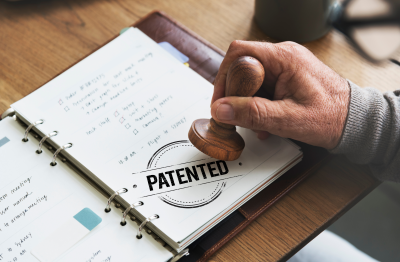1 min read
Understanding Patent Infringement: SafeCast vs. Google - An Analysis
Joe Whitcomb
:
September 02, 2024

The United States District Court for the Northern District of California heard the case of SafeCast Limited v. Google, LLC. The lawsuit focused on allegations of patent infringement by Google, LLC involving SafeCast’s patented system for automating compliance with broadcasting regulations.
SafeCast Limited holds a patent for a system designed to automate compliance with local broadcasting regulations for advertisements during time-shifted viewing. The patent was intended to address challenges that arise when viewers use personal video recorders (PVRs) to watch recorded programs at a later time, potentially viewing advertisements outside their intended broadcast times.
SafeCast alleged that Google’s advertising products, including YouTube TV and Google Ads, infringed on its patent. According to SafeCast, these products automated compliance with local broadcasting regulations, thereby infringing on its intellectual property.
Google’s Motion to Dismiss
Google responded to the lawsuit by filing a motion to dismiss on two primary grounds. First, Google argued that SafeCast’s patent was directed at an abstract idea—specifically, the automation of compliance with broadcasting regulations—and therefore lacked the inventive concept required for patent eligibility under 35 U.S.C. § 101. Second, Google contended that SafeCast failed to plausibly plead that Google’s products had infringed on its patent.
Court’s Analysis
The court reviewed the arguments and acknowledged that SafeCast’s patent was indeed directed toward an abstract idea. However, the court did not make a final determination on the patent’s eligibility under Section 101, choosing instead to focus on whether SafeCast had sufficiently stated a claim for patent infringement.
The court found that SafeCast’s complaint failed to identify any specific "broadcasting regulation laid down by a broadcasting authority" that Google’s products allegedly complied with in a manner that would infringe on SafeCast’s patent. SafeCast’s reliance on Google’s Community Guidelines and general compliance policies was deemed insufficient, as these guidelines did not meet the criteria of local broadcasting regulations issued by an authoritative body.
Conclusion
As a result of the deficiencies in SafeCast’s complaint, the court dismissed the case but granted SafeCast the opportunity to amend its complaint. SafeCast was given 14 days to file an amended complaint that addresses the court’s concerns. If no amended complaint is filed within that period, the case will be closed.


